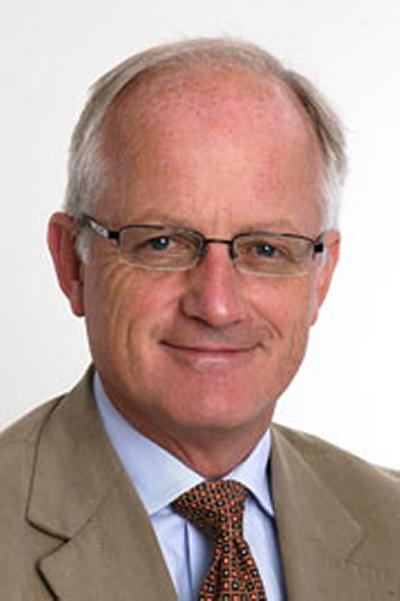Southampton heart experts receive £3.8 million grant to study hi-tech remote monitoring
Heart experts in Southampton have received a £3.8 million grant to launch the first major study of remote monitoring technology.
The devices, which can be implanted under the skin of people suffering from heart failure, collect information on a patient’s health while at home and send via the internet to the hospital clinic.
If doctors notice a change in well-being, they can intervene early and often prevent hospital admission.
The project, funded by industry and the British Heart Foundation (BHF), will be the first comprehensive assessment of the technology in a broad clinical setting and will be led by top cardiologist at Southampton General Hospital and honorary chair in cardiac-rhythm management at the University of Southampton, Professor John Morgan. He was one of the first specialists to introduce the hi-tech kit in the UK at the hospital six years ago.
“If you can tell that that a patient is becoming ill, you can do something in terms of their treatment before they get so unwell that they need to come to a clinic or be admitted to hospital,” he says.
“In the UK and within the NHS, we spend around £2 billion a year on treating heart failure and about two thirds of that is spent on treating heart failure patients who end up in hospital, so the concept is that if we can stop a lot of those people from having to come to hospital by keeping them well for longer, then we can make people better and save money at the same time.”

Professor Morgan said the project, which will involve 2,000 patients at nine centres across the UK, will clarify concerns raised by small-scale remote monitoring studies which suggest potential disadvantages, such as unnecessary interventions or the use of ineffective medications.
He adds: “Our study, in conjunction with the Royal Brompton Hospital in London, will compare remote monitoring with conventional care over five years and will measure what happens to patients who are and who are not monitored.
“Once completed, we will have a better understanding of whether remote monitoring really works, how much it costs and who it really benefits.”
More than £1.8m comes from the BHF, which will pay for the recruitment of nine senior nurses or cardiac physiologists. These front line staff will be trained in the use of the monitoring technology and appointed to participating centres.
Peter Weissberg, medical director at the BHF, comments: “Technology can now provide a wealth of information about a patient’s heart and circulation.
“This study is about finding out how best to use this information to improve care for people with heart failure. In the future, this sort of technology might help patients avoid repeated hospital admissions and improve their quality of life.”